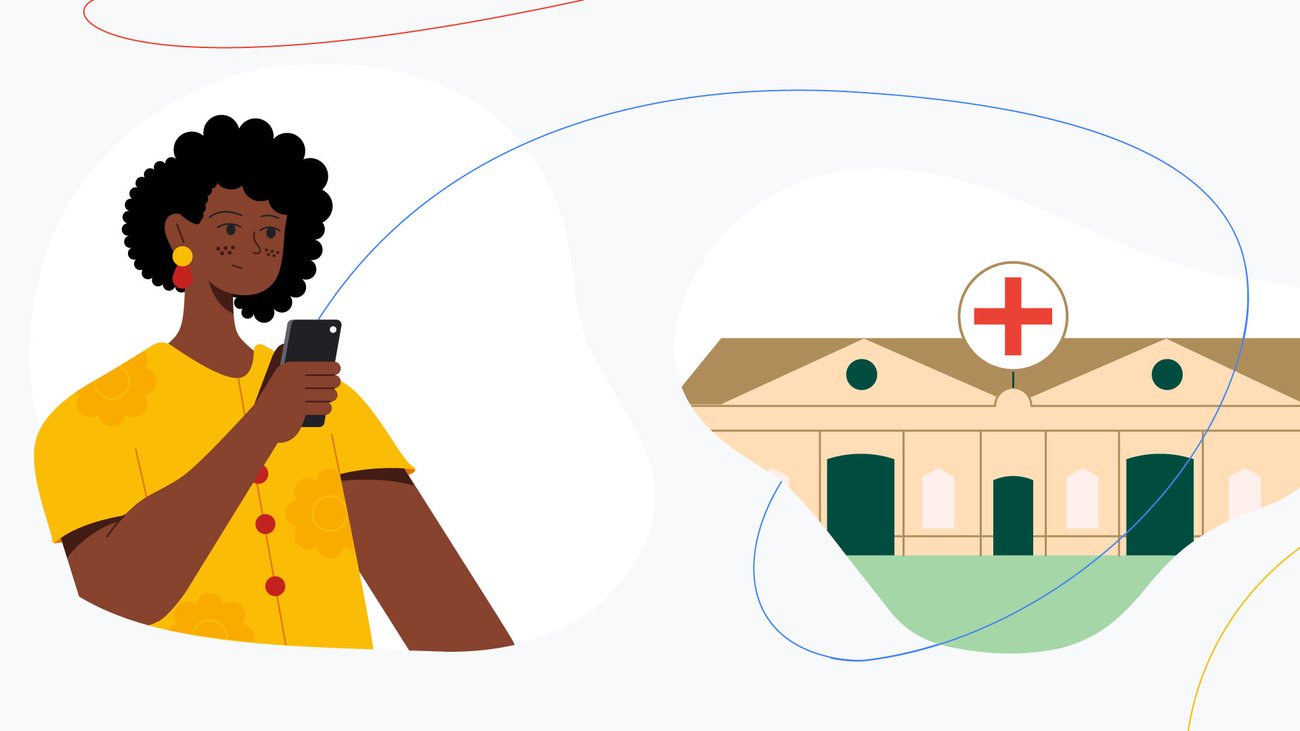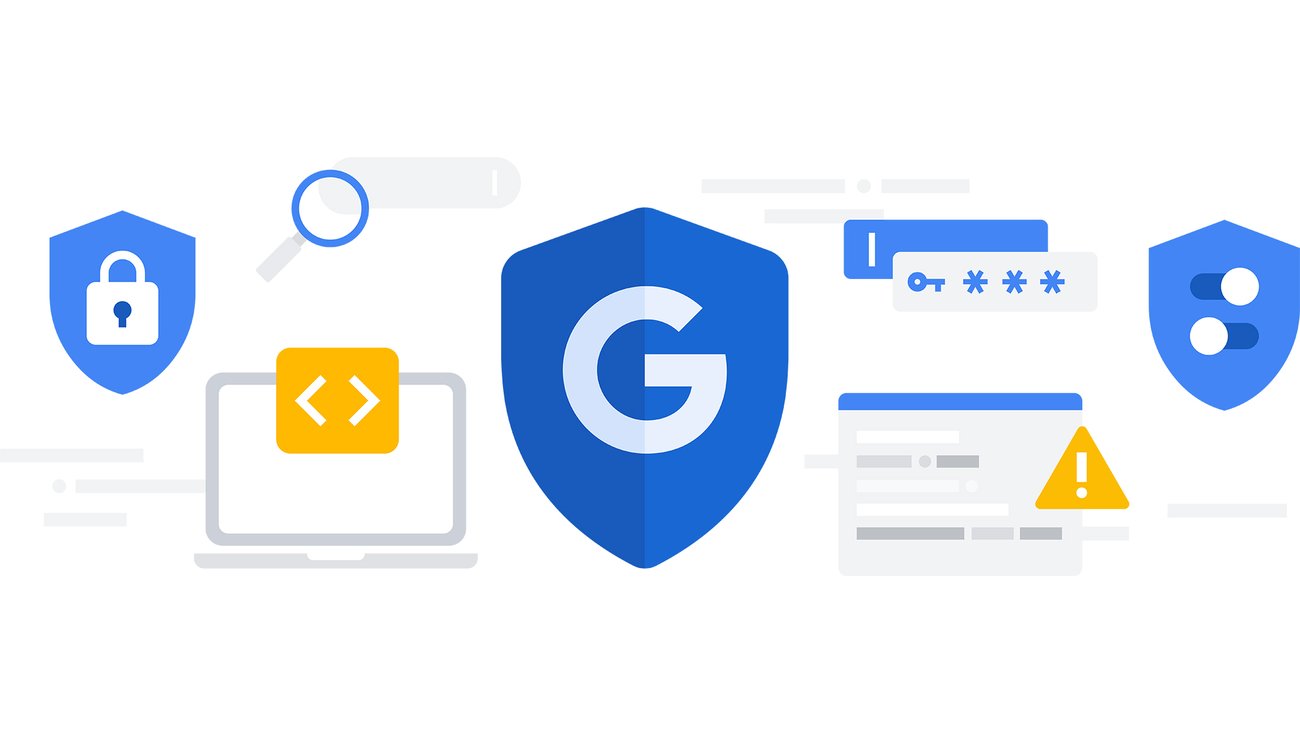[ad_1]
Android has made phones more affordable, provided consumers with more options, and enabled developers to thrive. Epic Games has fought a global, years-long campaign to up-end this system all in the hope of getting something for nothing. They have already sued Apple and lost twice. Next week they are trying their luck with Android by bringing a case that has even less merit given the flexibility and choices Android offers.
Epic argues that it is forced to distribute its apps through Google Play and that options available to developers are too restrictive. These claims are baseless. Android enables developers to distribute through multiple app stores or directly to users through the web, bypassing app stores altogether. The truth is that Epic simply wants all the benefits that Android and Google Play provide without having to pay for them. And it wants to strip away critical security and privacy protections that keep billions of users safe from things like unfair subscription practices and dishonest billing, for which Epic itself has faced record fines.
Here’s more detail about the facts at the heart of this case:
- Google Play competes fairly for users and developers. At trial, Epic will argue that Google Play doesn’t compete with the Apple App Store. This is obviously not true — and it’s a theory that courts have rejected. Android competes with Apple’s iOS and the iPhone, and Google Play competes intensely with the App Store for both consumers and developers. We also compete with other Android app stores, including the Samsung Galaxy Store and Amazon Appstore, as well as app stores on gaming consoles and PCs. We’ve worked to attract developers through efforts like our Games Velocity Program, which offered developers incentives to launch their apps on Play alongside other competing stores such as the Apple App Store. Contrary to Epic’s false characterization, this program did not require exclusivity on Play or prevent developers from opening their own app stores.
- Developers have many ways to distribute their apps on Android. Epic also claims that developers have no other choice than to distribute their apps through Google Play. That’s not true either. Android is the only major mobile platform that gives developers multiple ways to distribute apps. In fact, most Android devices come preloaded with two or more app stores right out of the box — and users can install others if they want. Developers can also distribute their apps directly to their users. Epic takes full advantage of Android’s distribution options by making their most popular app, Fortnite, available for billions of Android users around the world to download through the Samsung Galaxy Store and directly through their website. This choice and flexibility is possible only on Android.
- We provide a wide range of tools and services, not just payment processing. Epic would like you to believe the only value Google Play provides is payment processing, and that that’s the only thing we should charge for. The truth is Google Play invests heavily in supporting all developers big and small across every stage of an app’s journey, providing an array of tools and services to help them grow their businesses and acquire, engage and keep users. These investments mean developers can choose the business models that work for them which, in turn, creates more choice for customers. Plus, Google Play’s ongoing investment in safety features and platform improvements creates a trusted environment — one where people can explore a range of new apps with confidence while also discovering new developers.
- Google Play’s fees are the lowest of any major app store. We fund our investments in the ecosystem in part through a service fee that applies only when a developer on Google Play sells in-app digital goods or services. This is a sensible model: We make money only when a developer does, so our success is aligned with theirs and we are incentivized to improve the platform for developers. While Epic argues our fees are too high, Google Play’s fees are actually the lowest among major app stores. In fact, 99% of developers qualify for a service fee of 15% or less. This fee structure also avoids higher up-front charges that would burden small developers. This flexibility has led to a rapid increase in digital transactions, particularly in gaming apps like Fortnite, where the “freemium” model has become very popular among game developers.
- Google Play is the only mobile platform offering users choice in payments. Though Epic claims consumers are forced to use Google Play’s billing system, that’s again not true. We’re piloting a system on Google Play where users choose between Google Play’s billing system and a system of the developer’s choosing when they purchase in-app digital goods and services. User choice billing includes a standard fee to ensure that we can maintain Android’s safe and secure experience when purchasing in apps. Today this option is live in more than 35 countries, and we are committed to working with Android developers to iterate and improve the program while keeping users safe and protected. Of course, when downloaded from a competing app store or directly from a developer’s website, users pay with the developer or app store’s billing system of choice.
- This lawsuit risks making Android less safe. Users expect a safe experience on Android, and we are committed to keeping our users safe even while giving them choice. For example, when someone downloads an app for the first time directly from a developer’s website, Android notifies the user and asks them to verify they are doing so intentionally. We do this to ensure that users understand the risks of downloading software onto their mobile device directly from the web. We’ve streamlined this user prompt to make it a seamless, simple process. However, Epic wants these user notifications removed entirely, leaving the three billion people around the world who rely on these security precautions uninformed and putting their security and privacy at risk.
Android’s choice and flexibility work well for consumers and developers of all sizes. We look forward to making our case in court as we fight to keep our users safe from harm, partner with developers to grow their businesses, and keep the Android ecosystem thriving and healthy for everyone.
[ad_2]
Source link







